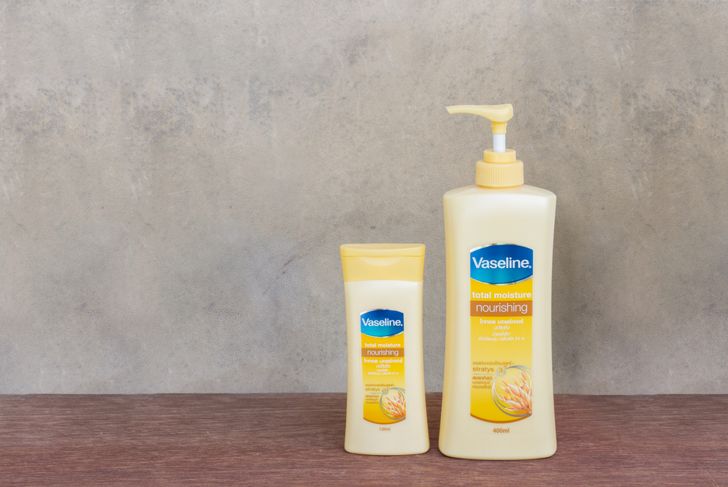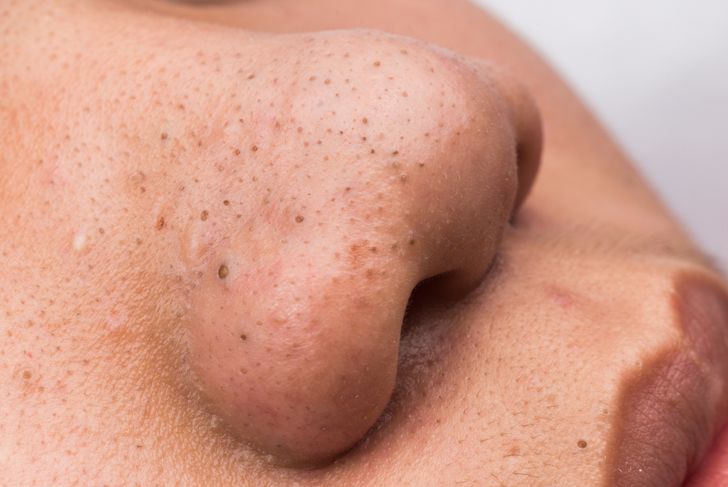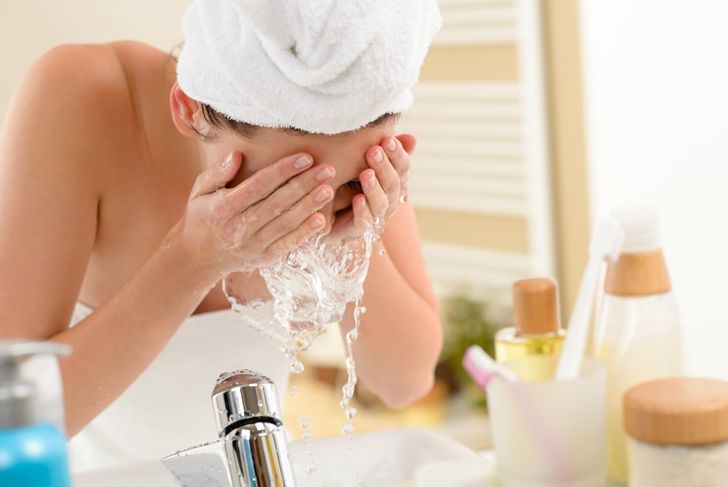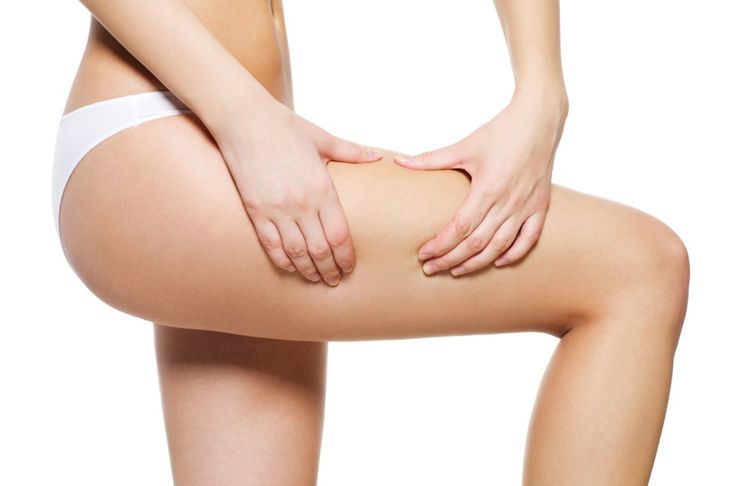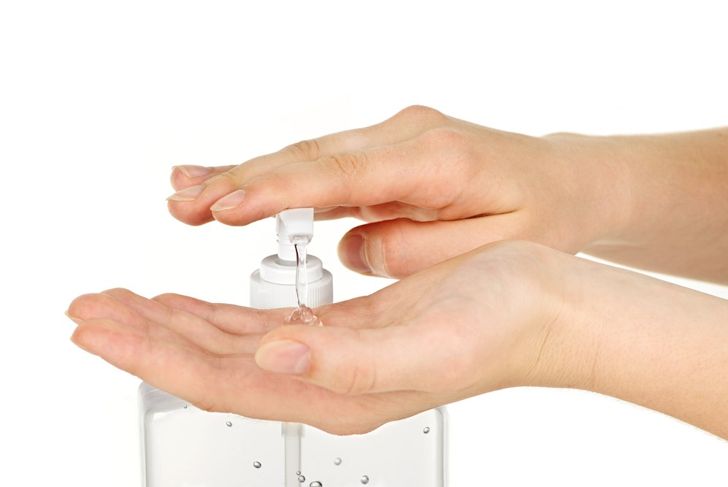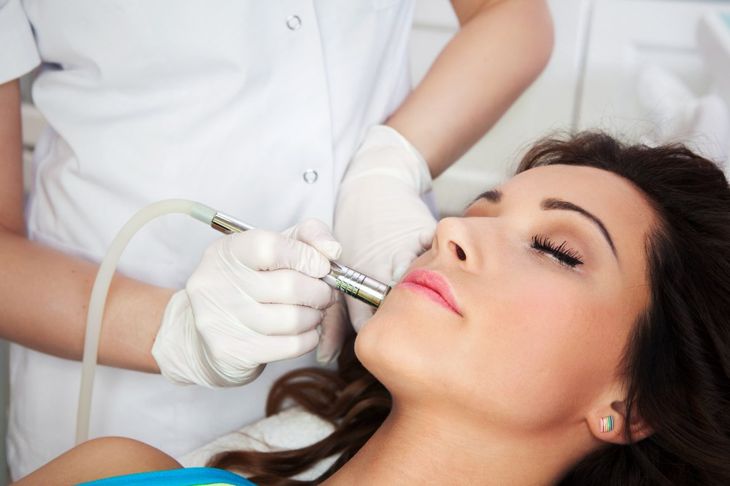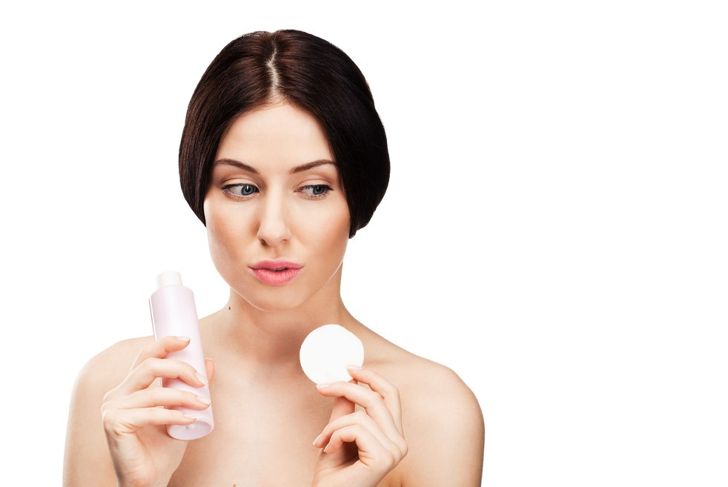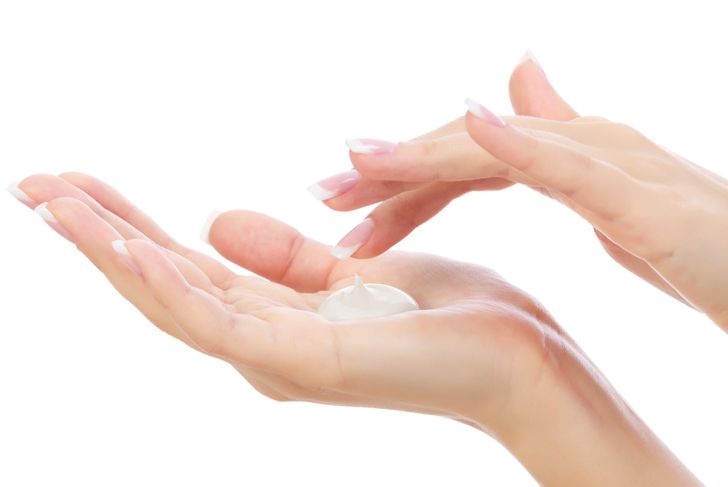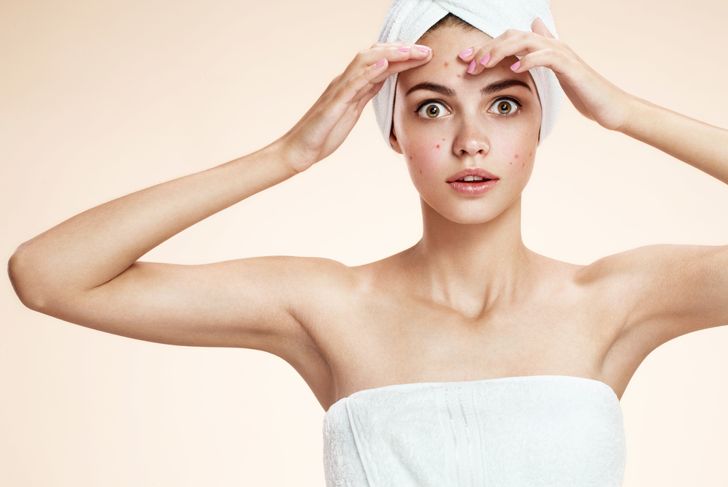Dermatologists often complain that some people are entirely ignorant of the basic tenets of skin care. Those same people then develop varied skin conditions. These skin ailments could have been prevented, but negligence took its course. Just by adding a few simple habits to your daily care and beauty regimen, you can quickly enhance skin quality. Developing these habits is of utmost importance; damage prevention is always much more manageable than damage reversal. Keep reading to learn more about a skincare routine that dermatologists want you to know.
Expensive moisturizers and cheap ones are all pretty much the same.
The moisturizers you see in those pretty, little jars seem like a significant investment — especially when you want to treat dry or oily skin. Before you invest money in an expensive moisturizer promoted by your favorite celebrity or doctor, ask yourself: is it worth spending so much on an expensive cream? Truth be told you don’t have to splurge on three-figure moisturizers when a Nivea, Olay, or Vaseline can do the job more effectively.
All natural skincare products do not come with an assurance of superior safety or effectiveness.
You should remember that just because a skin product is organic and it comes from mother earth doesn’t indicate that it’s safe to apply all over your body. Who would want to rub ivy or arsenic on their skin, provided they are both all-natural products? Not to freak you out, but there can be highly toxic chemicals in skin care products. These poisons may seep into the bloodstream and damage the skin. Giant companies brand many eco-friendly products sold in the market. However, some of them use lead in lipstick and a hormone-regulating substance called triclosan in toothpaste. So despite an all-natural status, you should always check the label and research the ingredients.
Lemon juice is not the right remedy for blackheads.
Most of you think a surefire solution for anything related to the skin is lemon juice. This sometimes harmless product can do more damage to your skin than it can help. Dermatologists believe that lemon juice can be harsh and it can irritate your skin. Citrus juices are known to sting your skin when you go out in the sunlight.
You shouldn’t be washing your face multiple times a day.
Dr. Wang, a well-known dermatologist, believes that washing your face is a good thing. But she also says that you don’t have to be stern about your skin care cleaning regimen. Over-cleansing can make your skin dry. You can also irritate it by washing away the essential oils of the skin, which at times cause rashes. So washing your face over and over throughout the day to get super-duper clean is not necessary. Besides, you are probably using many face washes and makeup removers. Ideally, you should be washing your face only at night to remove debris from the entire day.
Cellulite creams won’t miraculously tighten your skin.
Regardless of your weight, age, workout level, and gender, you might get cellulite. This condition is challenging to combat. Fat deposits underneath the skin make it look dimpled or lumpy. Dr. Lisa M. Donofrio, an assistant professor of dermatology at Yale University School of Medicine and Tulane University School of Medicine says, “There is no scientific proof that anti-cellulite creams work, and there is no concrete way to measure cellulite, either.” The cellulite creams do not exist yet. So, if you are still trying to get rid of cellulite, you may want to attempt something invasive like cryolipolysis. This treatment uses ultrasound-based devices to dissolve fat.
The use of hand sanitizers for toning down oily skin is a strict no-no.
Washing your hands the old-fashioned way – using soap and water – wasn’t enough, so they came up with sanitizers! But using it on your face– is a big no! Hand sanitizers either contain alcohol or triclosan, which is a potent antibacterial agent. These chemicals can adversely affect your skin. If you are a regular squirter of hand sanitizer, you may want to give up this habit for good as it can interfere with natural oil production in your hands, thereby leaving flaky skin.
Forget toothpaste! Use spot treatments to treat pimples.
People have believed tubes of toothpaste were a savior for acne-prone skin. However are they really useful or halfway decent for your face? Baking soda, one of the main ingredients in toothpaste, is known for drying out pimples. It treats a breakout. However, this shouldn’t encourage you to squeeze out a dollop of toothpaste on your pimple. Toothpaste also contains preservatives and other ingredients like triclosan, which can irritate your skin.
You don’t need to waste your money on skin toners.
Unless you have exceptionally oily skin, you do not require a toner in your skin care regimen. Jeffrey Dover, MD, associate clinical professor of dermatology at Yale University School of Medicine in O, the Oprah Magazine believes: “Toners just add an extra step and expense.” Toners do more harm to your skin than any good. Although they will momentarily make your skin look fresh, for the most part, they are just a pricey soup of preservatives and acids.
The SPF in makeup and moisturizers do not provide enough protection from the sun.
When looking for sunscreens in the market, you need to buy the ones that offer a broad range of coverage against harsh sunlight. Thus, a moisturizer with SPF 30 (or even 50) is a good option. However, the fact that most makeup companies provide moisturizers with 15 or max 20 SPF does not mean it is adequate. Even with a higher SPF rating moisturizer, the chances of withstanding UV rays are seemingly less. Only if you re-apply it, again and again, it may provide protection.
Chocolate cannot be responsible for your acne breakouts.
American Osteopathic College of Dermatology, AOCD dismisses the widespread belief that chocolate causes acne. The doctors say that chocolate, especially dark chocolate, is most rarely an acne-aggravating factor. “Chocolate per se will not make you break out,” says Dr. Shamban, Los Angeles dermatologist. So if you want to enjoy some chocolate, especially dark, go for it! In moderation, of course.
Egg whites won’t magically shrink your pores.
Use egg whites for your morning meals. No matter how much quantity you apply to your pores, the size of them won’t shrink. It is just not possible to shrink your pores, but they can indeed appear smaller. Egg whites will dry out the skin wherever you apply them; thus, your skin will only look worse.
You shouldn’t be using anti-aging products too soon, especially in your 20s.
If you are younger than 30 and want your skin to remain as young and fresh as ever, then you can use daily facial sunscreens. Save the anti-aging products for later in life. People age at their own pace; aging depends primarily on sun exposure, smoking history, genetics, or ethnicity. Technically when you are still young in your 20s and even 30s, you should be taking good care of your skin. Use hydrating and moisturizing products rather than flipping through various anti-aging cream brands.
Neosporin is not going to do any good for your zits.
Neosporin is a primary constituent of infection-preventing creams. While such creams and gels effectively avert an infection from spreading, you must not use them on acne or zits. The nature of TOAs is not acne-friendly, but a temporary wound healing process.
Even calamine lotion doesn’t work well for pimples.
Oh! Calamine lotion is just so useful in protecting you from bug bites, so why not use them on pimples? Perhaps it is not the worst idea, but dabbing the sulfur-based lotion on your pimples is just going to dry them out. Unless it is a moisturizing face cream, and duly noted, you should skip adding random creams to your skincare regime. Dermatologists do not recommend using calamine lotion, especially.
Wait, there’s more stuff that isn’t going to disappear your pimple.
The long list of things that will not help your zits includes rubbing menthol, alcohol, and hydrogen peroxide. Don’t even think about popping out gel pain relievers for your face. There is no scientific evidence to prove the fact that alcohol or hydrogen peroxide is going to make your pimples disappear. Pain relievers surely have anti-inflammatory properties that can help ease the pain associated with blisters. However, as a reaction, they might end up irritating the skin. In fact, you should ask your doctor to prescribe you some oral antibiotics that can treat acne effectively instead.
Coconut is not an all-in-one solution.
The effectiveness of coconut oil for conditioning has been known for years. However, is it an all-in-one solution? Sadly, no, especially in the demanding world, full of pollution, hectic lifestyles, and above all, improper nutrition. Saturated fatty acids of coconut oil come with superb hydrating and nourishing properties. However, they fail to deliver when the skin demands a remedy for wrinkles and spots. You need proper treatment to overcome signs of aging. Skin needs are more demanding these days because of the world around you. Moreover, slathering coconut oil on the face and body is not ideal if you are an outdoor person battling with the sun. In that case – coconut oil cannot replace a sunscreen lotion.

 Home
Home Health
Health Diet & Nutrition
Diet & Nutrition Living Well
Living Well More
More